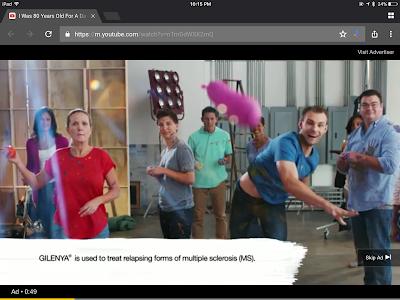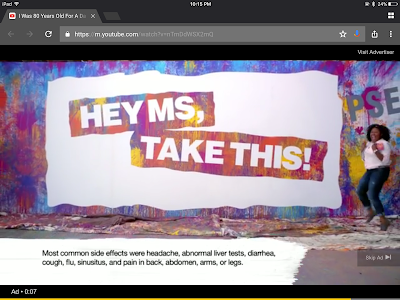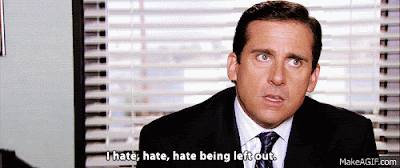It is a melancholy object
to those who walk through this great school or travel in Troy, when they see
the hallways, the classrooms, and group chats, crowded with college hopefuls of
the adolescent age, followed by their 20-pound backpacks, all with a face of
physical exhaustion and stress. These students instead of being able to easily
get into their dream college, are forced to employ all their time in stressing
about news reports of record breaking application pools and decreasing
admission rates.
I think it is agreed by
all parties that this prodigious number of students in schizophrenia is in the
present deplorable state of the Troy School District; and, therefore, whoever
could find out a more efficient method to guarantee college admissions would
deserve so well of the Troy community as to have his or her statue set up for a
preserver of the students’ mental and physical life.
I shall now therefore
humbly propose my own thoughts, which I hope will not be liable to the least
objection.
I have been assured by
very knowledgeable students from HYPSM, that College Confidential is the source
of guidance for aspiring high school students. It is filled with the most
accurate, inspiring, invaluable, and candid advice; and I make no doubt that it
will equally serve well for babies, middle and high school students.
I do therefore humbly
offer it to public consideration that of the 2,000 students at Troy High, ~99%
face extensive levels of stress to get into the college of their dreams;
however, only a fraction will achieve their goals. With the use of College
Confidential’s advice, Troy High could maximize the number of students reaching
the perfect college with extensive scholarship money to pay for the outrageous
prices to attend a university. The current average student debt after
graduating an undergraduate institution is $30,100. With the extensive guidance
from the website, that number can surely be reduced to zero by receiving
scholarships and grant money.
As prescribed by many
students from the College Confidential website, to get into HYPSM or any top
college a student must do the following:
- Get perfect SAT or ACT scores
- Be rank #1 by having a 4.0 unweighted GPA and the highest possible weighted GPA (near 5.0 if possible)
- Take 20+ AP classes
- Do as many clubs as possible and get leadership positions
- Become internationally famous by winning prestigious competitions
- Become a nationally or internationally ranked athlete or musician
Most importantly, College Confidential states the following:
- Do not waste time sleeping, eating, drinking or relaxing
- Become a robot with no real passion and emotions
- Be superficial in nature
- Believe that getting into college is the most important task in life
Advice like this will
guarantee any student admission to their top college desires and reduce their stress levels
significantly. Many other advantages might be enumerated. For example, the
success of all students will increase school recognition; which will directly
lead to increase in federal funding to improve the quality of the school. No
longer will there be budget cuts that force teachers to spend money out of
their pocketbook instead of helping sustain their own lives; the ~10-year-old
textbooks will be replaced with the newest ones on the market to guarantee
student success; and most importantly, students will be given more
opportunities to allow them to realize their full potential.
I profess, in the
sincerity of my heart, that I have not the least personal interest in
endeavoring to promote this necessary use of College Confidential, having no other
motive than the students’ good of my city, by advancing Troy High, relieving
the financial strain on teachers, and providing for adolescents. I am already
far too old by which I can benefit from the website.
*HYPSM = Harvard, Yale, Princeton, Stanford, MIT (College Confidential terminology)
--
I decided to post this
because someone asked me on Thursday, “how’s your road to HYPSM going?” I was
immediately taken aback—as if my existence depended only on my academic success
to get to a top college. In all seriousness’s sake, do not go near College
Confidential. The part about knowledgeable students is completely made-up; they
in fact state the opposite: never go on that website. It is filled with wrong
advice and is too focused on simply getting into college. You will become so obsessed
with reading peoples’ perfect resume—which does not mean anything in the long
run. Pave your own path and remember that it is just high school (HAVE FUN)! Your self-worth and chance for success in the real world is not dependent on what college you can go to.
 |
| However, Chick-Fil-A is actually good for you compared to College Confidential |















